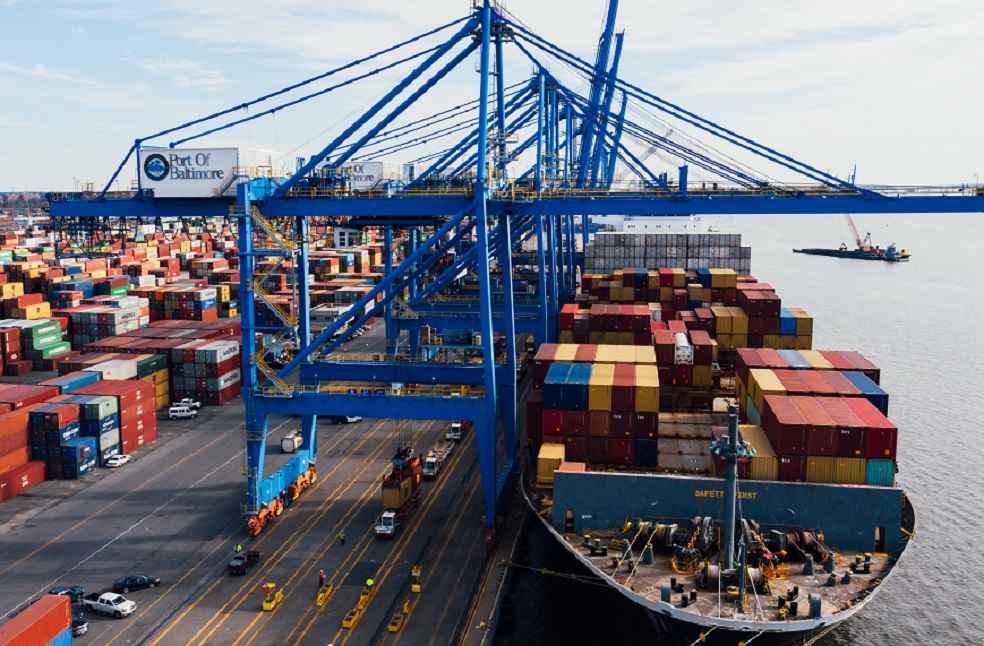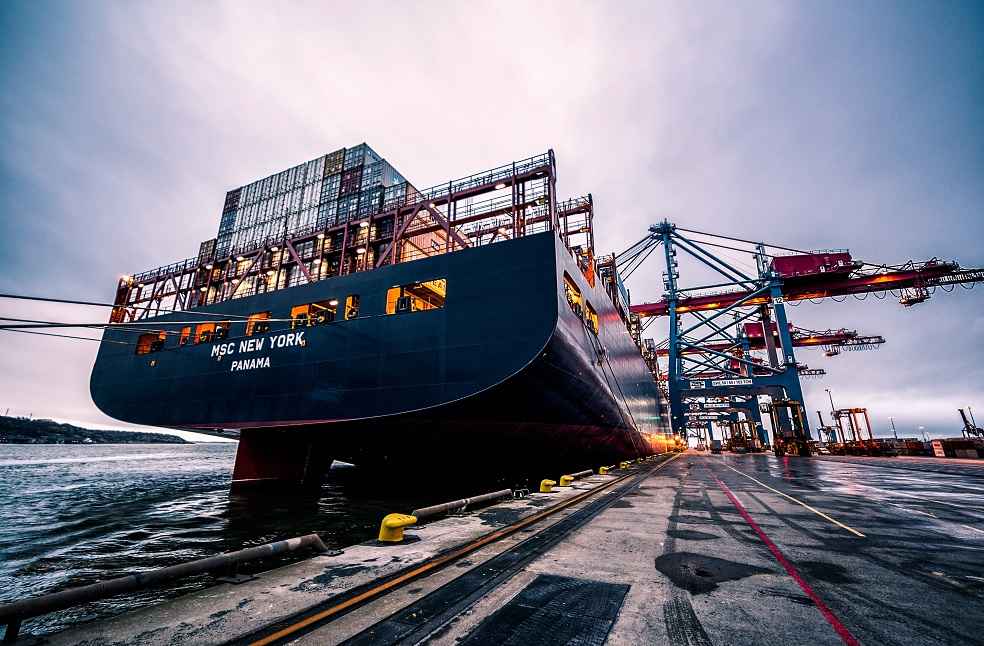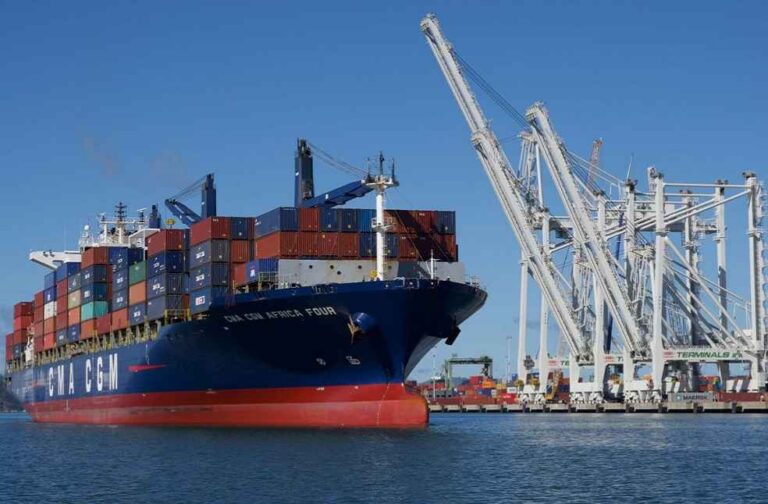A new crisis grips the global shipping industry as severe congestion at the ports of Singapore and Shanghai/Ningbo disrupts trade, compounding existing tensions from the Red Sea route suspension.
Linerlytica data reveals vessel bottlenecks: Singapore port hosts 51 ships, with 40 more at anchorage; Shanghai/Ningbo sees 92 docked and 81 waiting nearby. These ports, critical for international logistics, currently manage nearly 800,000 TEUs on-site, with another 650,000 TEUs in limbo nearby.
This vessel accumulation disrupts the global shipping cadence, significantly delaying goods movement. Under normal conditions, ships would dock upon arrival or endure minimal waits—now, delays stretch beyond a week, creating substantial logistical challenges.

Impact on Trade:
Singapore, pivotal for Indian transshipment, now sees vessels bypassing its docks due to protracted delays. P Mathan from Thaipan Global Trading in Chennai voices concern over unpredictable delivery schedules, especially for perishable goods like red chili and onion destined for Southeast Asia.
Nearby Port Klang in Malaysia, also a key transshipment point, feels the congestion’s impact. Israr Ahmed, Vice President of the Federation of Indian Export Organizations (FIEO), notes nearly 7% of global shipping ensnared in this congestion, precipitating delays and escalating exporter costs.
Economic Implications:
Container costs reflect the demand-supply disparity, with prices for a 20-ft dry container in Singapore climbing from $950 in September 2023 to over $1,200, as reported by Container xChange.

Adapting Strategies:
Shipping lines adapt by diverting routes. The Mediterranean Shipping Company has redirected some operations to Indian ports. Carriers like ONE and OOCL now offload Singapore-bound cargo at Malaysia’s Port Klang, adding stress to these alternate ports and perpetuating regional delays.
Christian Roeloffs, co-founder and CEO of Container xChange, cautions that ongoing congestion at hubs like Singapore could severely disrupt global trade, impacting the transportation of goods across continents. The industry’s resilience and adaptability are under severe test as it navigates these disruptions.
BUSINESS GENERAL | Global Trade’s Uncertain Future Due to Political Challenges



